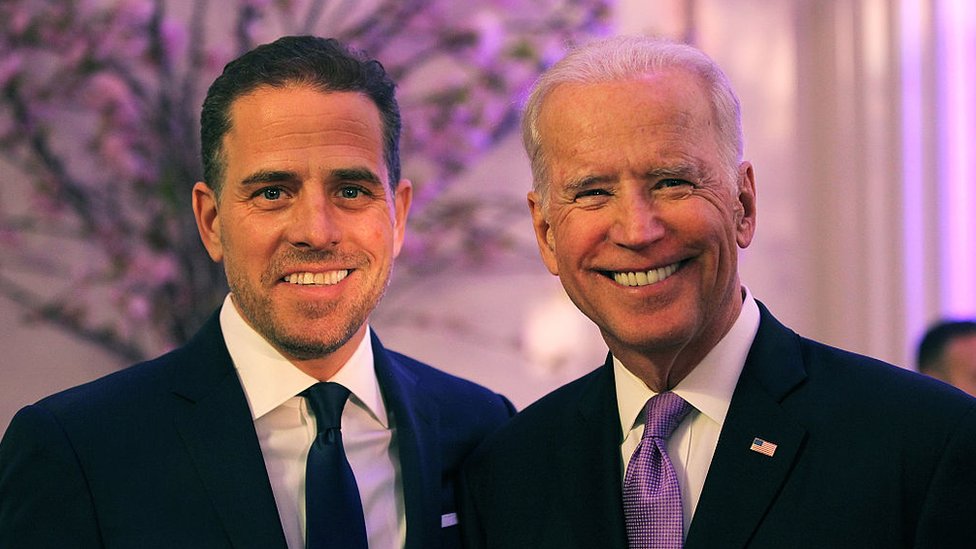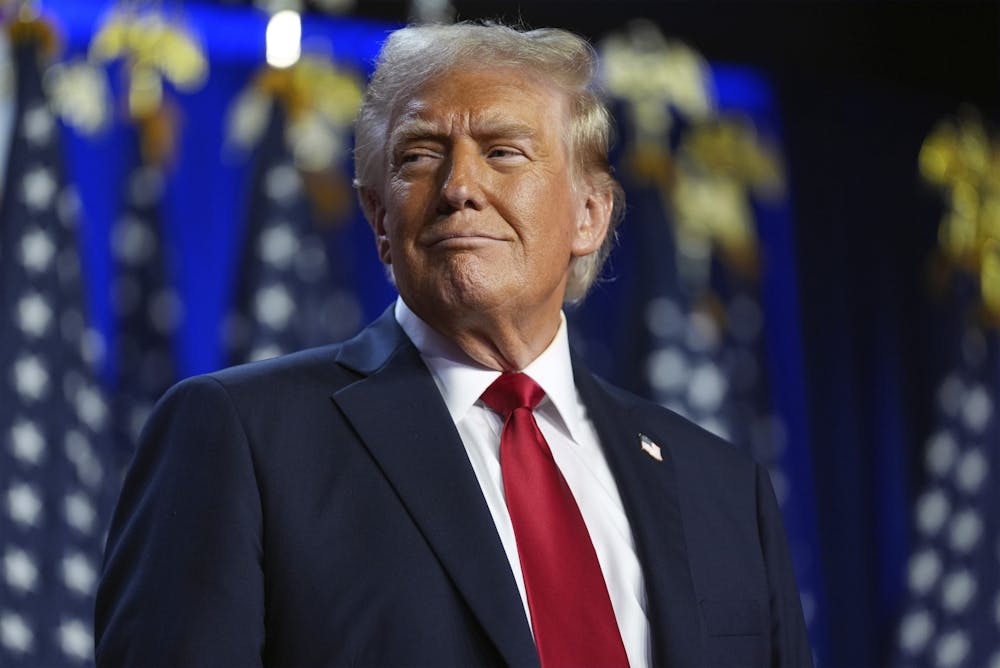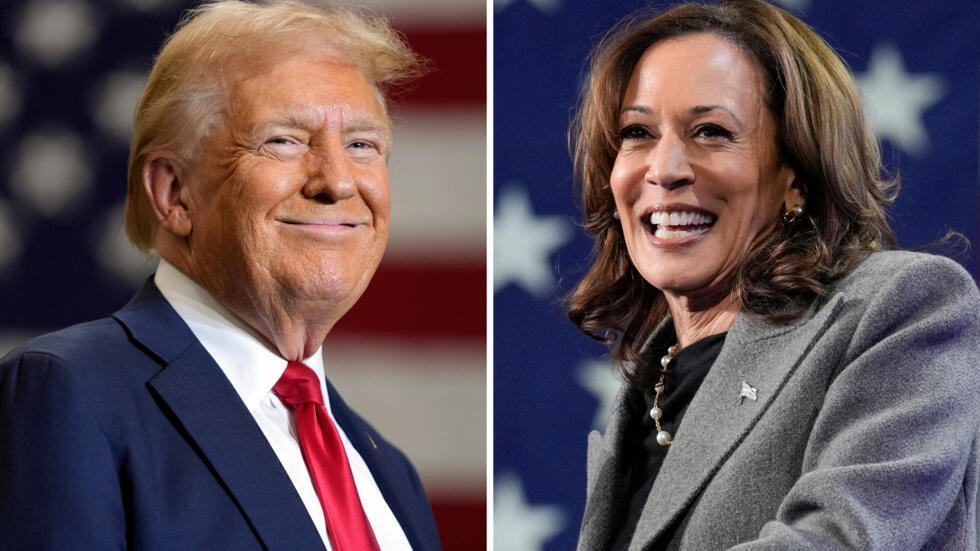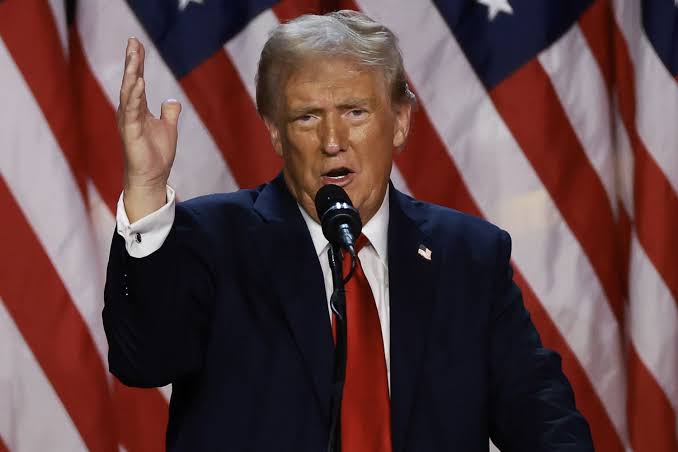Nairobi, December 2- President Joe Biden has granted a pardon to his son, Hunter Biden, who faced legal consequences for federal felony gun and tax charges.
This announcement, made late Sunday, comes shortly before Hunter’s sentencing, which was set for December. His convictions include illegally obtaining a firearm and pleading guilty to nine tax-related offenses.
Gun Charges
In June, Hunter Biden was convicted of three felonies tied to the purchase of a revolver in 2018, during which he falsely reported his drug use on federal forms.
Tax Offenses
In September, he admitted guilt to nine tax-related charges, including three felonies for tax evasion and filing false returns, as well as six misdemeanors for failing to file and pay taxes.
Prosecutors alleged that Hunter evaded at least $1.4 million in federal taxes between 2016 and 2019, despite earning over $7 million from international business ventures during that time. Court documents revealed he spent nearly $5 million on personal indulgences, including drugs, escorts, luxury hotels, and vehicles, while neglecting his tax obligations.
A Shift in President Biden’s Stance
This pardon represents a shift for President Biden, who previously stated he would not use his presidential authority to assist family members. Earlier this year, he explicitly ruled out pardoning Hunter, emphasizing a commitment to impartial law enforcement. White House Press Secretary Karine Jean-Pierre echoed this position as recently as November 8.
Political Implications
The pardon’s timing is notable, as it coincides with Donald Trump preparing to assume office as President-elect. Hunter Biden’s legal troubles have been a focal point of Republican criticism, amplifying scrutiny of the Biden administration.
Hunter’s public disclosure of a federal investigation in December 2020, combined with his struggles with substance abuse, has not only impacted his personal life but also added pressure to President Biden’s political agenda.
Legal Repercussions
Hunter Biden faced the possibility of up to 42 years in prison: 25 years for the gun charges and 17 years for tax-related offenses. However, legal experts suggested he would likely receive a lighter sentence as a first-time offender during his scheduled December 2024 sentencing.
A Controversial Decision
The pardon has sparked intense debate in the already polarized political climate. Supporters see it as an act of compassion from a father seeking to protect his son from undue punishment. Critics, however, view it as a misuse of presidential authority that undermines the justice system.








